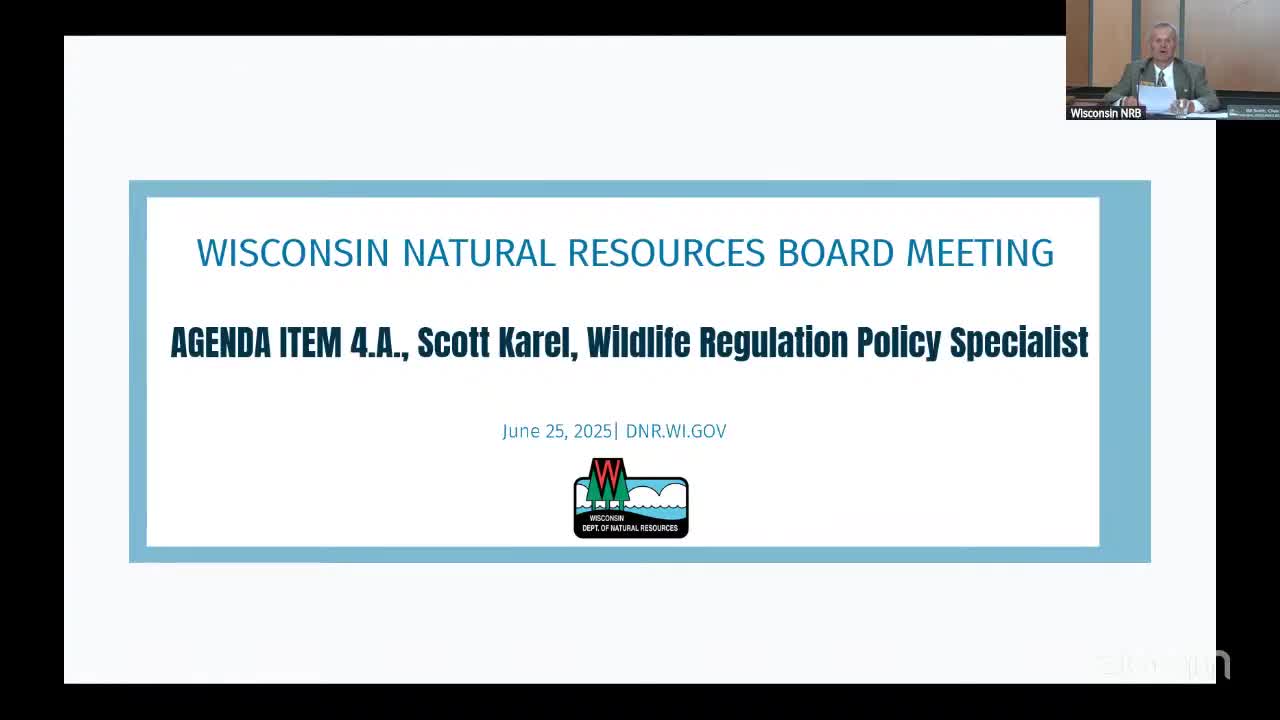Article not found
This article is no longer available. But don't worry—we've gathered other articles that discuss the same topic.
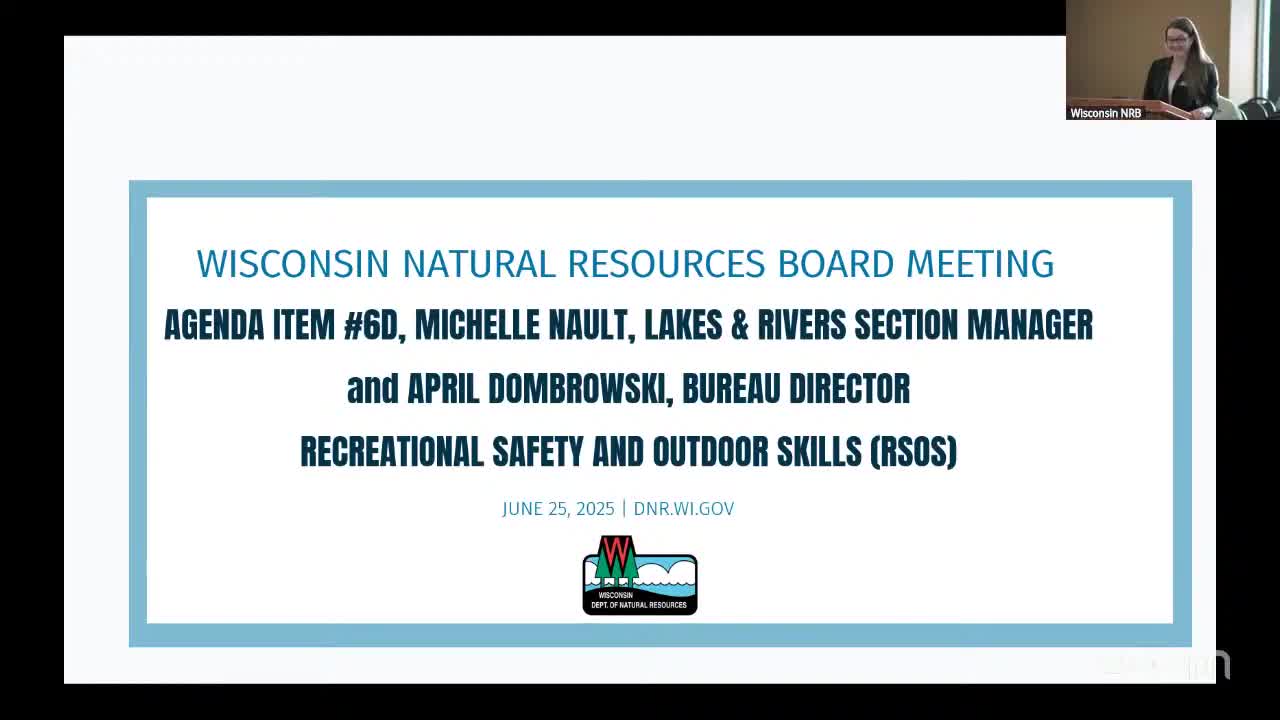
Board hears briefing on wake-boat risks and aquatic invasive species; department cites enforcement, education limits
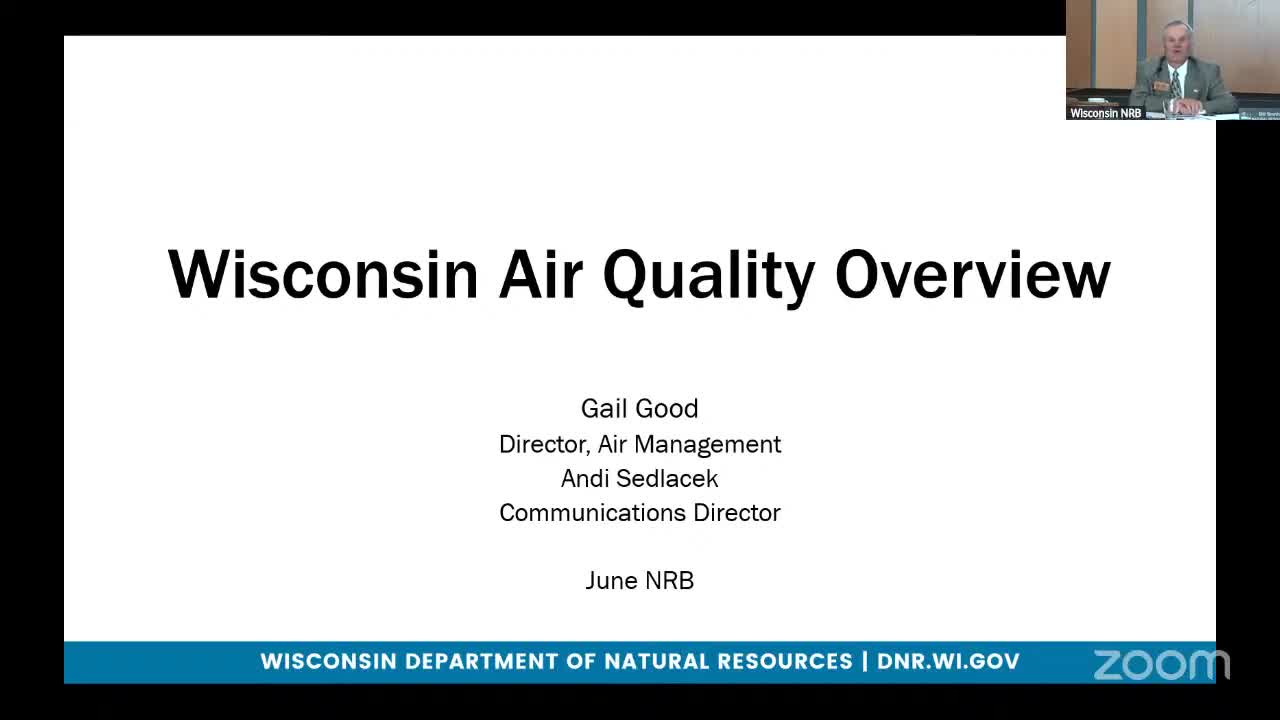
DNR briefed board on ozone nonattainment along Lake Michigan shoreline and wildfire-smoke advisories
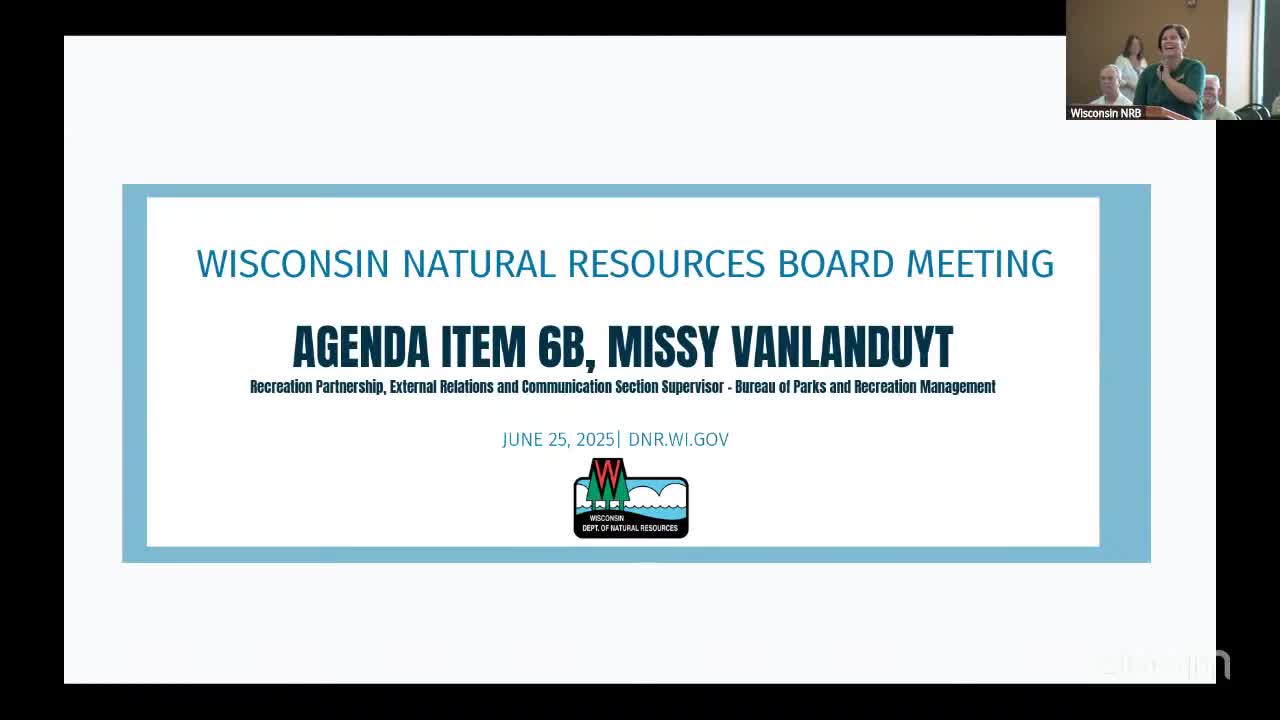
DNR marks 125th anniversary of Wisconsin State Park System with outreach, partnerships and new merchandise

DNR approves exchange of 1 acre for 6.7 acres in Flambeau River State Forest to resolve trespass
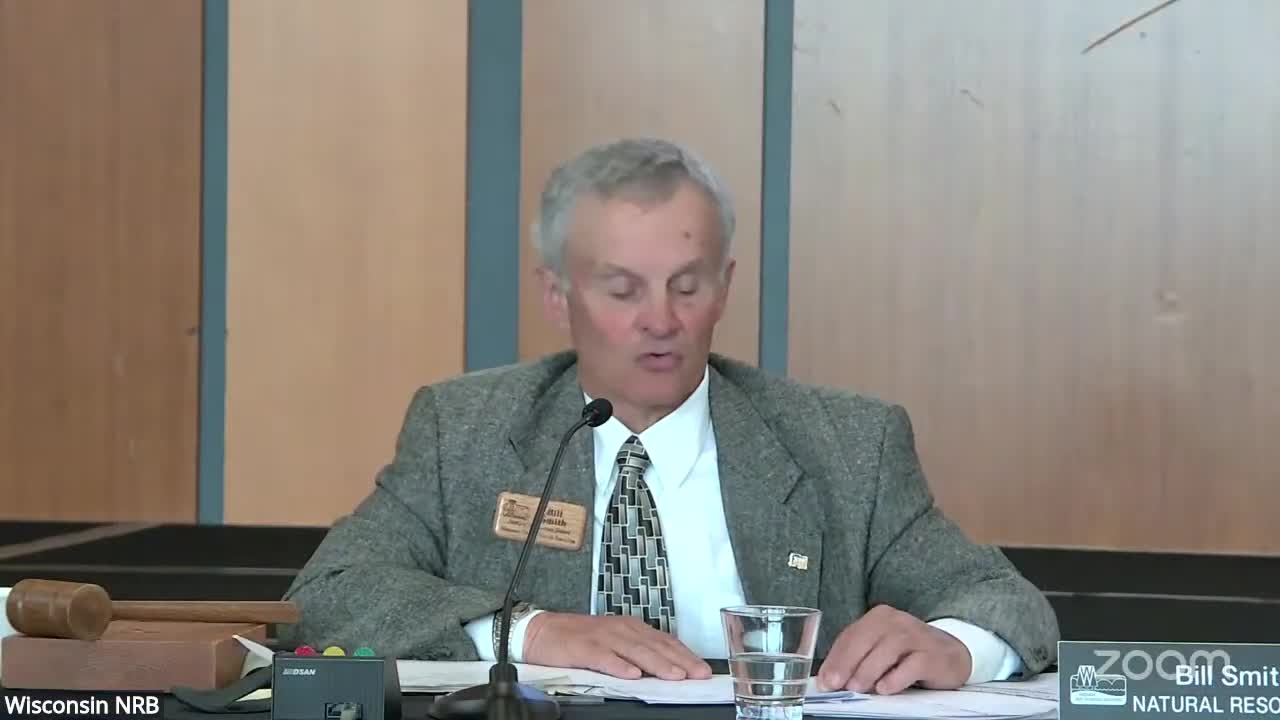
Board approves 2025 deer season recommendations but accepts Grant County's local decision on holiday hunt
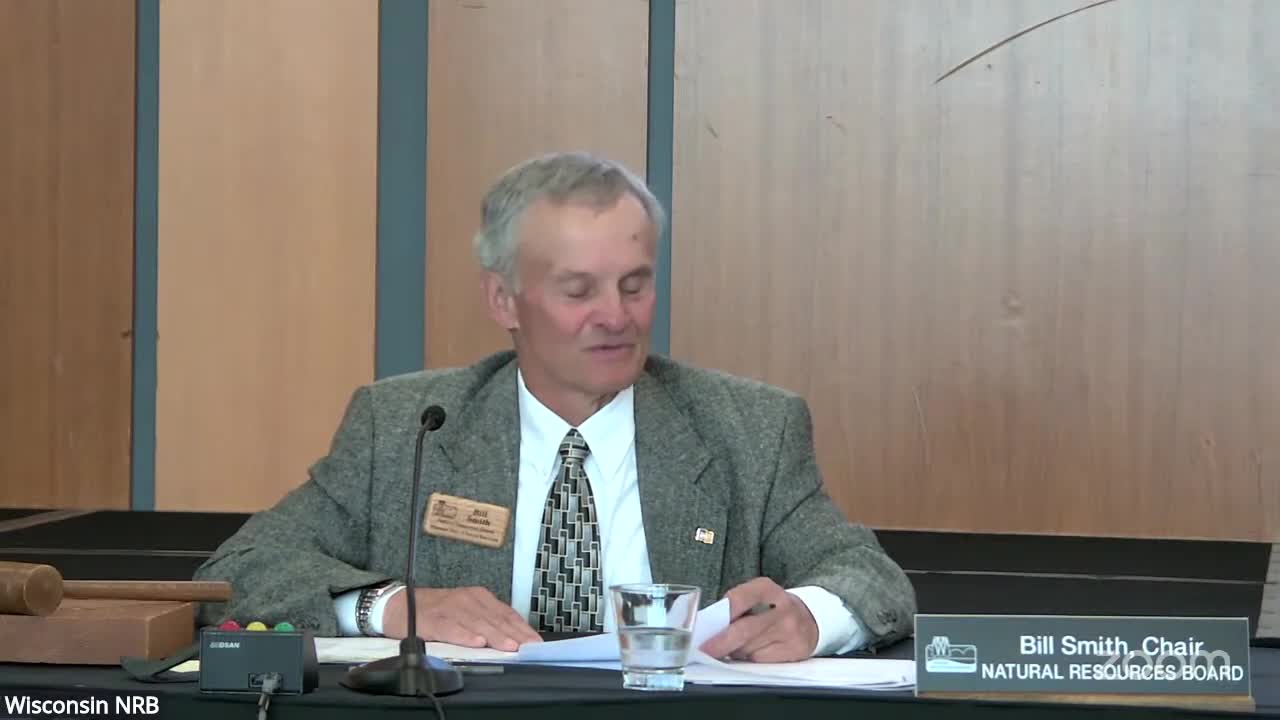
Friends of Wisconsin State Parks donate $25,000 to support library checkout pass program and other park projects
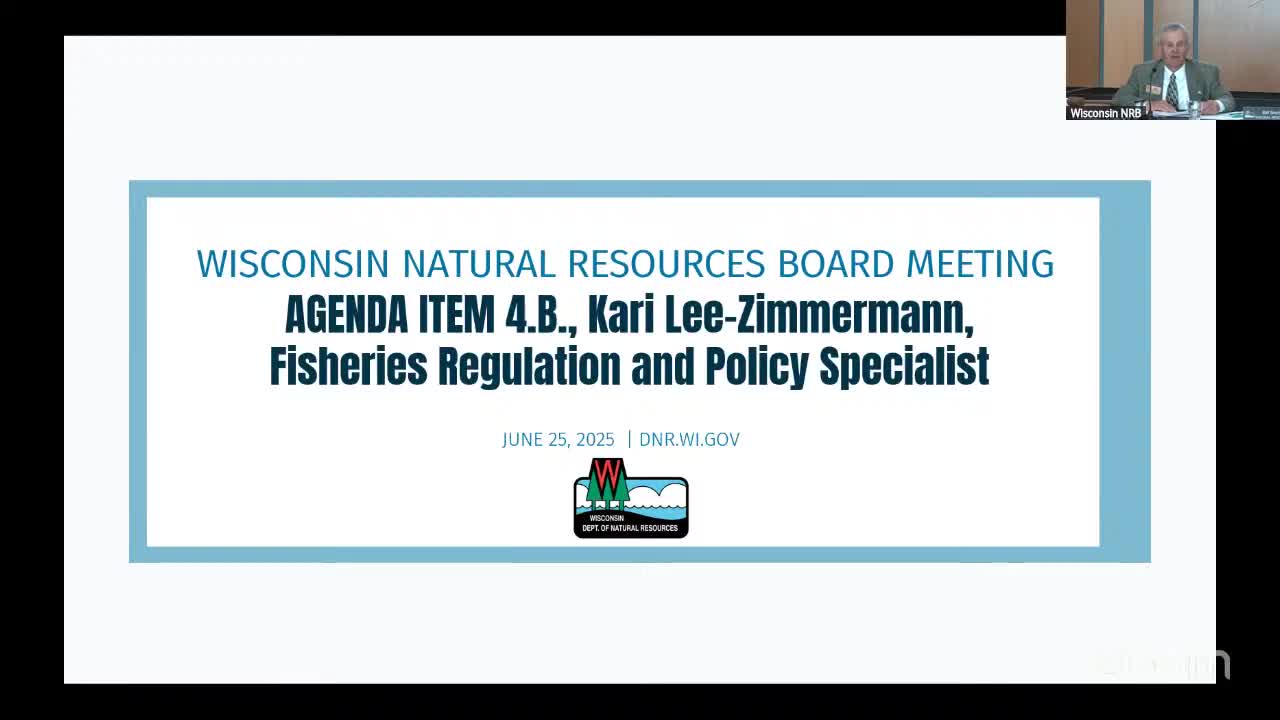
DNR adopts 2025 fisheries rules package; statewide muskie opener, panfish changes included
